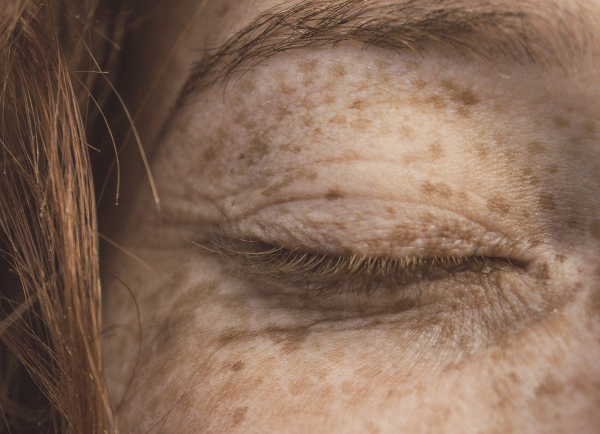Psoriasis
Psoriasis: Causes, Symptoms, and Treatment Options
HEALTHCARE


Psoriasis: Causes, Symptoms, and Treatment Options
Psoriasis is a chronic skin condition that affects millions of people worldwide. It's a complex disorder with no known cure, but there are various treatments and strategies available to manage its symptoms effectively. In this blog, we'll explore what psoriasis is, its causes, common symptoms, and some of the treatments and lifestyle changes that can help individuals with this condition lead a better quality of life.
What Is Psoriasis?
Psoriasis is an autoimmune disorder that primarily affects the skin but can also impact other parts of the body. It is characterized by the rapid growth of skin cells, resulting in the formation of red, scaly, and often itchy patches or plaques on the skin's surface. These patches can vary in size and severity, and they most commonly appear on the elbows, knees, scalp, and lower back. However, psoriasis can occur on any part of the body.
Causes of Psoriasis
The exact cause of psoriasis is still not fully understood, but it is believed to involve a combination of genetic, environmental, and immune system factors. Some key factors that may contribute to the development of psoriasis include:
Genetics
Psoriasis tends to run in families, suggesting a genetic predisposition to the condition. If you have a family member with psoriasis, you may be at a higher risk of developing it yourself.
Immune System Dysfunction:
Psoriasis is considered an autoimmune disorder, meaning the immune system mistakenly attacks healthy skin cells. This leads to the rapid turnover of skin cells and the formation of psoriatic plaques.
Environmental Triggers
Certain environmental factors can trigger or worsen psoriasis symptoms. These triggers can include stress, infections, skin injuries, smoking, and excessive alcohol consumption.
Common Symptoms of Psoriasis
Psoriasis can manifest in various forms, with each type having distinct symptoms. The most common symptoms of psoriasis include:
Red, raised, and scaly skin patches:
These are the hallmark symptoms of psoriasis and can be itchy or painful.
Silvery scales:
The scales on psoriatic plaques can give the skin a silvery appearance.
Dry and cracked skin:
Psoriasis patches often become dry and may crack or bleed.
Burning or soreness:
Some individuals with psoriasis experience discomfort or pain in affected areas.
Nail changes:
Psoriasis can affect the nails, causing pitting, discoloration, and abnormal growth.
Joint pain:
In some cases, psoriasis can lead to psoriatic arthritis, which causes joint pain and inflammation.
Treatment Options for Psoriasis
While there is no cure for psoriasis, various treatments and strategies can effectively manage its symptoms and improve the quality of life for individuals with the condition. Treatment options include:
Topical Treatments:
These are creams, ointments, and shampoos containing corticosteroids, vitamin D analogs, or coal tar that are applied directly to the affected skin or scalp.
Phototherapy (Light Therapy):
UVB phototherapy involves exposing the skin to ultraviolet B light, which can slow the growth of skin cells and reduce inflammation.
Oral Medications:
In severe cases, doctors may prescribe oral medications like methotrexate, cyclosporine, or biologics to suppress the immune system and reduce psoriasis symptoms.
Lifestyle Changes:
Managing stress, maintaining a healthy weight, avoiding triggers, and practicing good skin hygiene can help reduce the frequency and severity of flare-ups.
Alternative Therapies:
Some individuals find relief from psoriasis symptoms through complementary and alternative therapies like acupuncture, dietary changes, and herbal supplements. It's essential to consult with a healthcare professional before trying these approaches.
Psoriasis is a chronic skin condition that can have a significant impact on a person's physical and emotional well-being. While there is no cure, various treatments and lifestyle changes can effectively manage its symptoms and improve the quality of life for those affected. If you or a loved one has psoriasis, it's essential to work closely with a healthcare provider to develop a personalized treatment plan that addresses your specific needs and concerns. With the right approach, individuals with psoriasis can lead fulfilling lives while keeping their symptoms in check.


